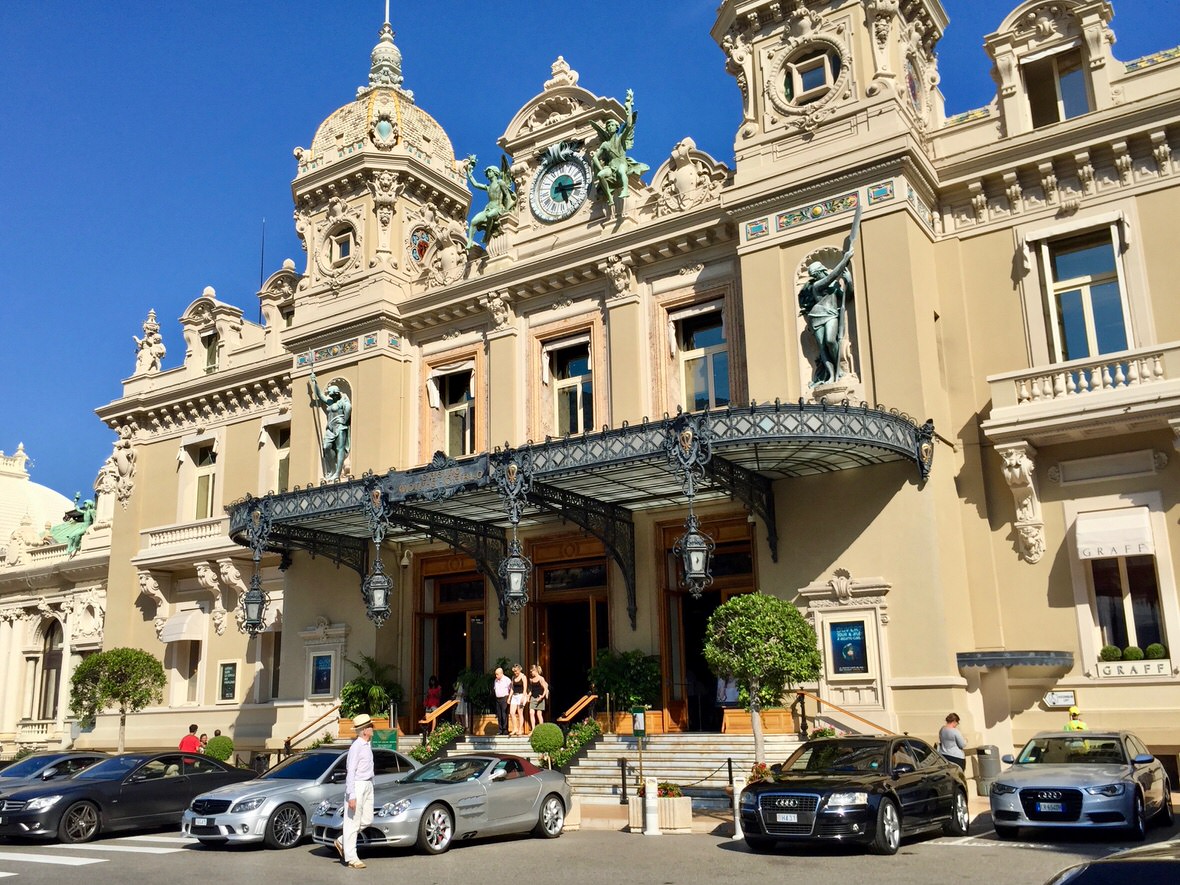
Gambling games have long been a engaging entertainment option, drawing millions of players from varied cultures around the globe. From the opulent casinos of Vegas to the thriving gambling halls of Macau, these games serve as a common thread that unites people across different backgrounds. The allure of fortune, tactics, and risk entices not only those hoping to strike it rich but also those looking for a sense of community.
The influence of casino games extends far beyond the gaming floor. They often embody the cultural standards and traditions of the societies in which they prosper. Games such as Texas hold ’em, blackjack, and the wheel game have integrated into the fabric of popular culture, influencing multiple fields from films to clothing. As we explore this intriguing intersection of chance and life, we can gain insights into how these games shape and are affected by the surrounding world.
Historical Development of Casino Activities
The origins of gaming games can be tracked back to old civilizations, where betting in multiple forms was extensively performed. In China, around 2300 BC, a form of luck game known as Keno was common, while in old Rome, soldiers would regularly wager on the outcomes of their matches. The notion of using randomness for fun and profit developed over the centuries, leading to the formation of more structured games. By the end of the Middle Ages, betting houses began to appear in Europe, particularly in the Italian peninsula, which presented early versions of famous activities still enjoyed today.
As gambling gained recognition in Europe, the 17th and 18th centuries saw the appearance of gambling establishments as dedicated locations for gaming. The earliest official casino, the Ridotto, was established in the Venetian city in sixteen thirty-eight, providing games like Baccarat games and Faro games. This period marked a significant shifting point, as gaming venues started to attract not just the high society but also the growing middle-tier society. The complexity of games evolved, leading to the development of new rules and modifications that improved the play experience.
In the 19th century, the era of industrialization and shifts in societal conventions additionally transformed the terrain of gaming activities. The launch of roulette and modern one-armed bandits attracted a broader crowd, and casinos became seen as legitimate forms of recreation. This time witnessed the globalization of casino activities, as gambling houses extended from the continent to the New World, culminating in the development of the legendary Las Vegas Strip in the 1900s. The development of gaming activities has progressed into the current era, integrating modern technology and online sites, rendering them accessible to a global population.
# Cultural Significance across Different Societies
Gambling games have deep-rooted social significance in a multitude of cultures throughout the world. For instance, in Las Vegas, the very fabric of the urban landscape is woven around casinos, where gaming is not just a recreational activity but a central aspect of leisure and community life. The dazzling lights and lively atmosphere attract millions, showcasing how casino games can shape local economical structures and local cultures. This environment transforms the notion of relaxation into an enriching event that shapes apparel, sound, and even movies.
Conversely, some cultures approach wagering with greater care, viewing it through the lens of ethical beliefs and heritage. For example, in numerous Oriental societies, games like Mahjongg and Pai Gow Poker are rich with history and carry significant social relevance. These games are often played during gatherings and celebrations, fostering community bonds and strengthening kinship ties. The act of participating in these games goes beyond mere entertainment, reflecting values such as deference to seniors and the value of collective enjoyment.
Meanwhile, in European countries such as the principality of Monaco and Rome, casino games serve as symbols of luxury and sophistication. The stylish atmosphere of these venues attracts both visitors and locals, maintaining a sense of distinction and elitism. The art of the game of poker and the strategic elements of games like the game of baccarat are appreciated, shaping interpersonal interactions and creating an appeal that fascinates a varied audience. This highlights how gambling can both echo and influence societal views towards hazard, gain, and community interaction.
Economic Impact and Tourism
Casino games play a significant role in the economic landscape of many areas, particularly those that depend significantly on tourism. The revenue produced from casino operations fuels local financial systems, creating jobs not only within the casinos but also but also in connected industries such as hospitality, dining, and recreation. This influx of tourists, drawn by the allure of games and the overall casino experience, stimulates spending across multiple local enterprises, contributing to the economic vitality of the region.
The presence of casinos often leads to the construction of facilities, including lodging, public transit, and leisure amenities. These improvements are essential in enhancing the overall visitor satisfaction, making locations more appealing to tourists. Additionally, many casinos invest in local communities through sponsorship of activities and philanthropic initiatives, further integrating themselves into the social fabric of the locality. Such contribution not only supports economic growth but also cultivates a positive image of the casino industry. bakar69 slot
Furthermore, the worldwide appeal of casino games drives tourism competition, with locations vying to attract players from across the globe. Iconic destinations like Las Vegas and Macau have become synonymous with casino culture, drawing millions each year. This advantage encourages creativity and diversification within the gambling sector, influencing developments in leisure and hospitality that resonate beyond their borders. The consequences of this visitor influx extend far, impacting local economies and cultural interactions on a global scale.
